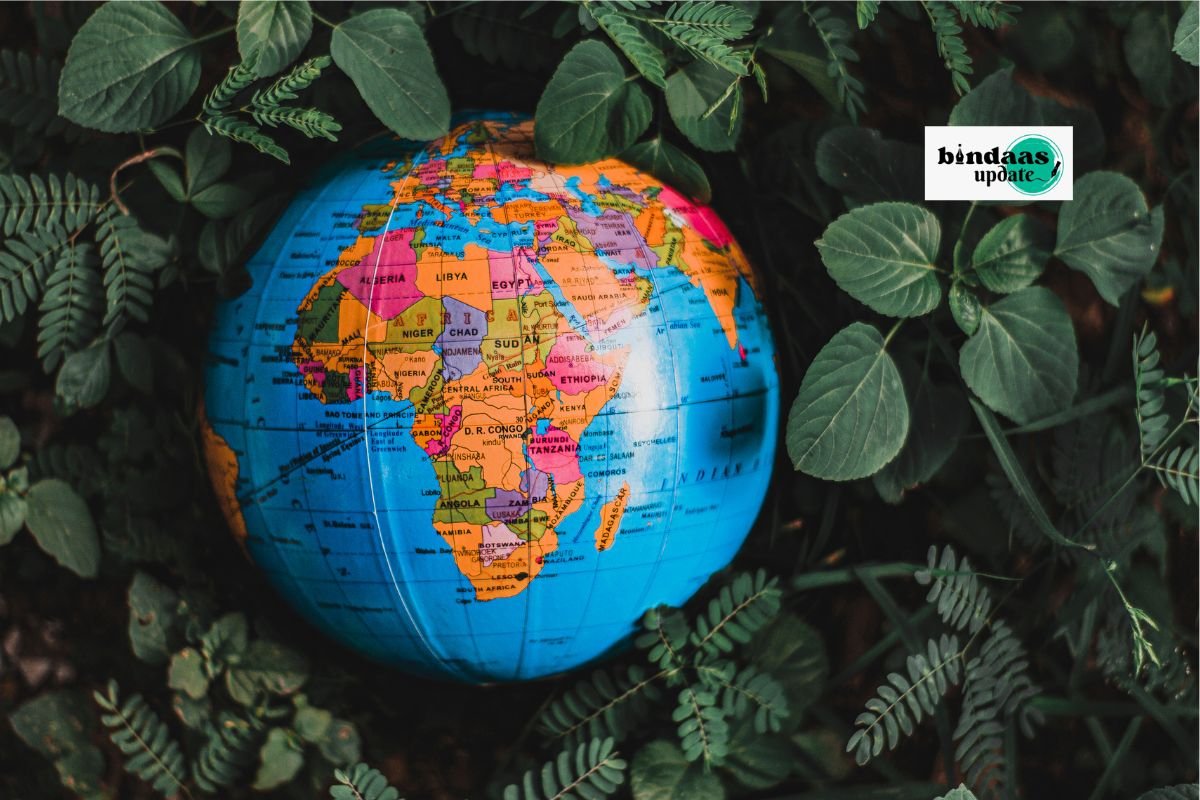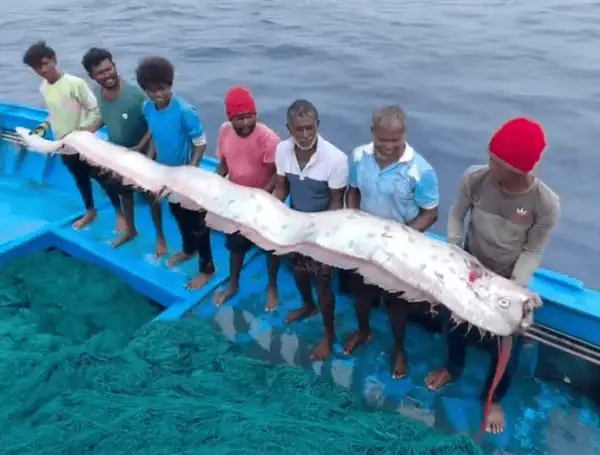South Korea is at the center of the global environmental stage this year, proudly hosting World Environment Day 2025 on June 5. The event, organized under the leadership of the United Nations Environment Programme (UNEP), carries the powerful slogan “Beat Plastic Pollution” — a call for urgent action toward reducing plastic waste and fostering sustainable living.
As environmental concerns become increasingly global, this year’s theme resonates deeply with the world’s youth, policymakers, scientists, and citizens who are united by the vision of a cleaner, greener planet.
Plastic pollution continues to be one of the most pressing environmental challenges of our era. Over 430 million tons of plastic are produced every year, with two-thirds becoming waste within months. Alarmingly, more than 11 million tons end up in oceans annually, threatening marine ecosystems and human health.
The 2025 campaign builds upon the success of earlier efforts but places greater emphasis on circular economies, biodegradable alternatives, and producer responsibility. It urges industries to rethink packaging and encourages individuals to reduce their plastic footprint.
South Korea’s Role as the Host Nation
South Korea, known for its rapid technological advancement and strict environmental policies, is an ideal host for this year’s event. The country has invested heavily in plastic recycling systems and sustainable urban policies.
Key Actions by South Korea as the host nation for World Environment Day 2025:
- Ban on Single-Use Plastic Cups in Cafés
As of 2024, the government prohibited disposable plastic cups in dine-in cafes, introducing reusable alternatives. - Extended Producer Responsibility (EPR)
Manufacturers are now legally responsible for managing the waste generated from their plastic products. - Digital Waste Tracking Systems
Innovative platforms are being used to track plastic waste and ensure recycling targets are met efficiently.
Through international forums and collaboration, South Korea is also helping developing nations build stronger waste management infrastructures.
World Environment Day 2025 isn’t limited to Seoul. From Mumbai to Milan, events are taking place across 150+ countries to raise awareness and foster community action.
Highlights of the Global Celebration:
- Plastic-Free Challenges in Schools:
Across Europe and Asia, schoolchildren are participating in “Plastic-Free Week” challenges, sharing daily tips via social media. - Corporate Clean-Up Drives:
Companies like IKEA, Coca-Cola, and Unilever are joining the campaign through beach clean-ups and sustainable packaging pledges. - Art & Awareness Exhibitions:
In Nairobi and Los Angeles, public art installations showcase plastic-waste sculptures to highlight the issue in a visual, impactful manner. - Influencer Engagement:
Eco-influencers and celebrities are using platforms like TikTok and Instagram to spread the message of zero-waste living and reusables.
According to UNEP Executive Director Inger Andersen, the 2025 focus is more urgent than ever:
“We need bold reforms, not symbolic gestures. Plastic pollution is a design failure — and we must fix it at the source.”
This year, the UN is pushing for the implementation of an international legally binding treaty on plastic waste, expected to be finalized by 2026. Over 180 nations have agreed to participate in this historic negotiation.
Whether you’re in a metro city or a remote village, small actions can lead to big change. Here are 5 quick ways to make a difference:
- Carry your own cloth or jute bag while shopping.
- Switch to a reusable water bottle and say no to plastic straws.
- Recycle properly by following your local waste segregation rules.
- Support zero-waste brands or local vendors that offer plastic-free products.
- Educate others, especially children, about the importance of reducing plastic use.
Even one habit change, like skipping bottled water, can prevent hundreds of plastic bottles from polluting landfills every year.
World Environment Day 2025 is more than a one-day celebration; it is a global movement for transformation. With South Korea setting a benchmark, and the world responding with creative action, there’s renewed hope in humanity’s fight against plastic pollution.
We all share this Earth — and we all share the responsibility to protect it.
Also Read: 8 Most Endangered Animals in the World: A Race Against Extinction




